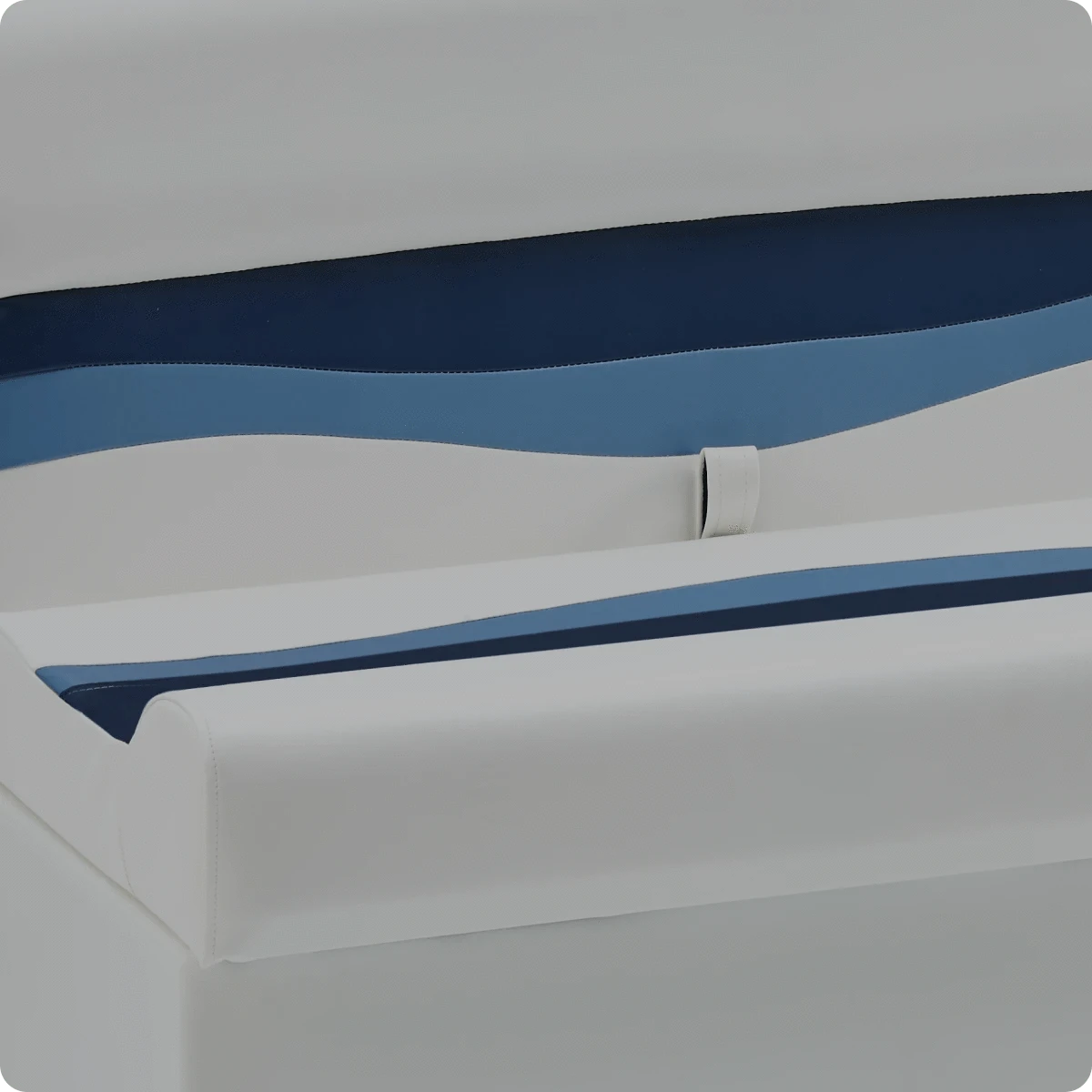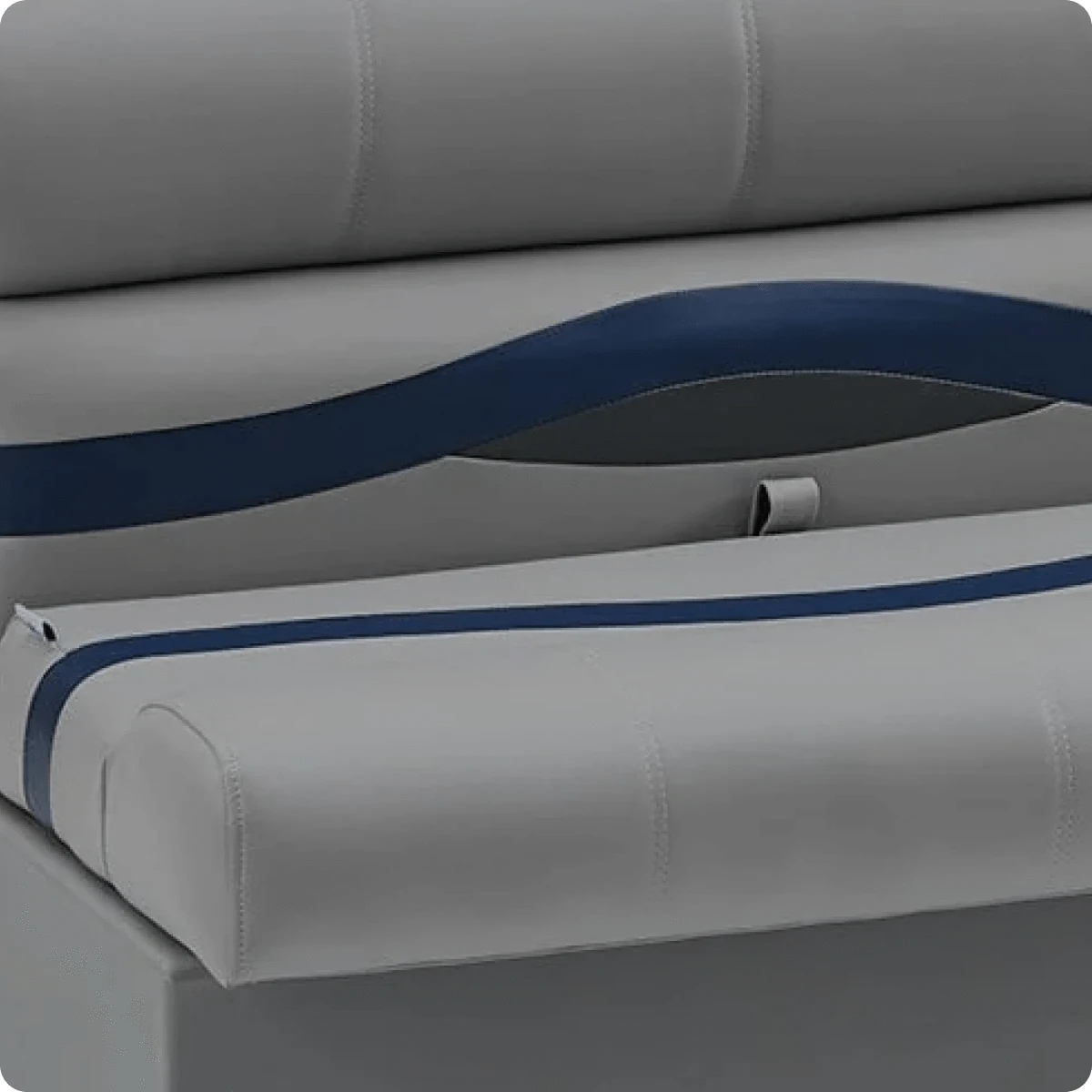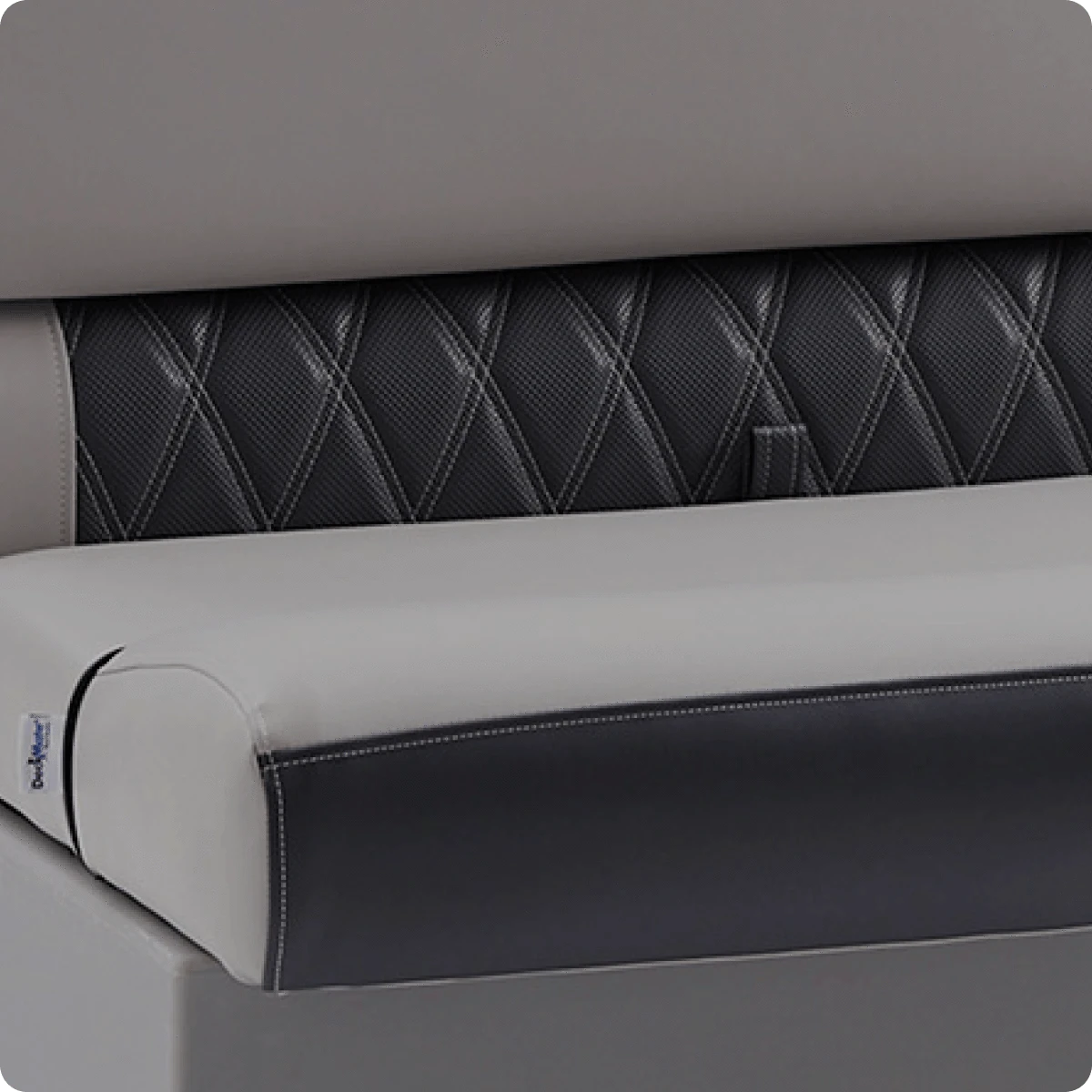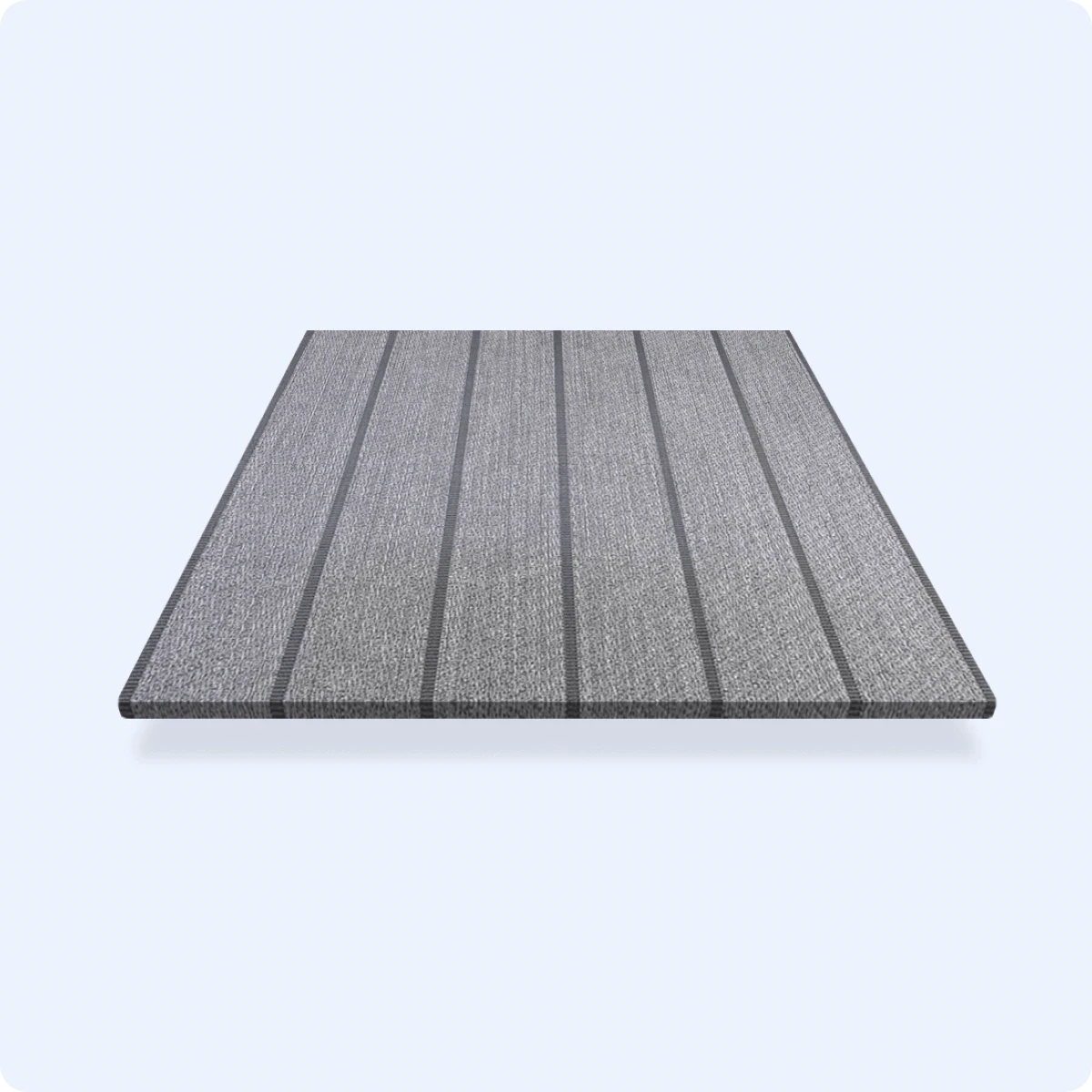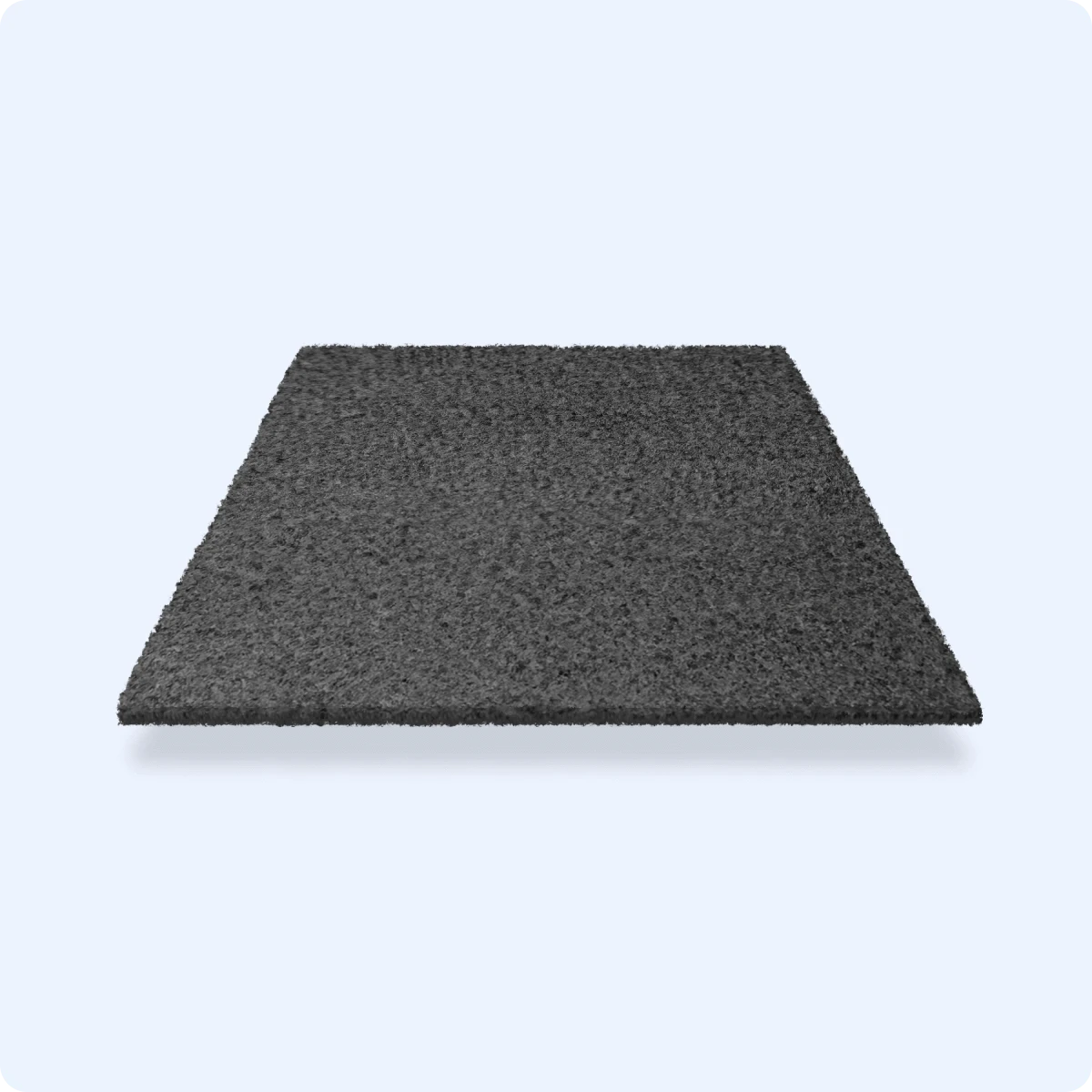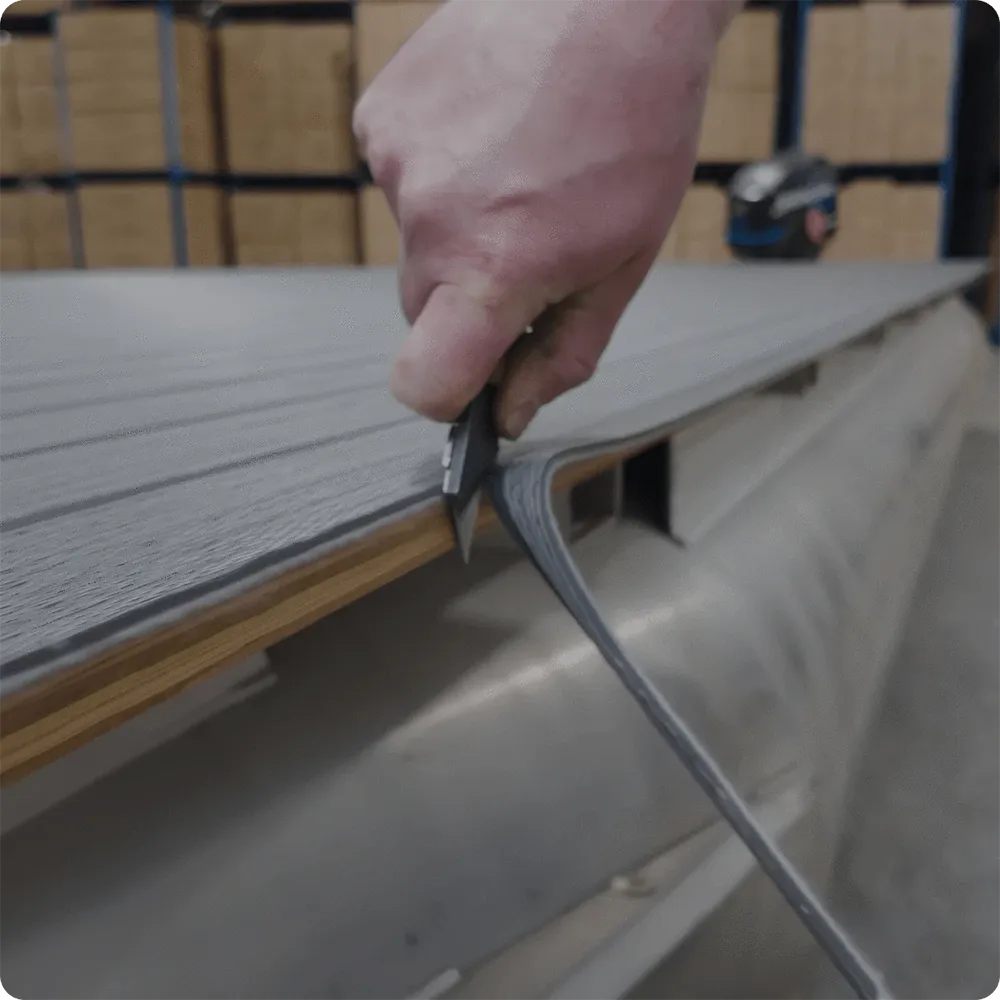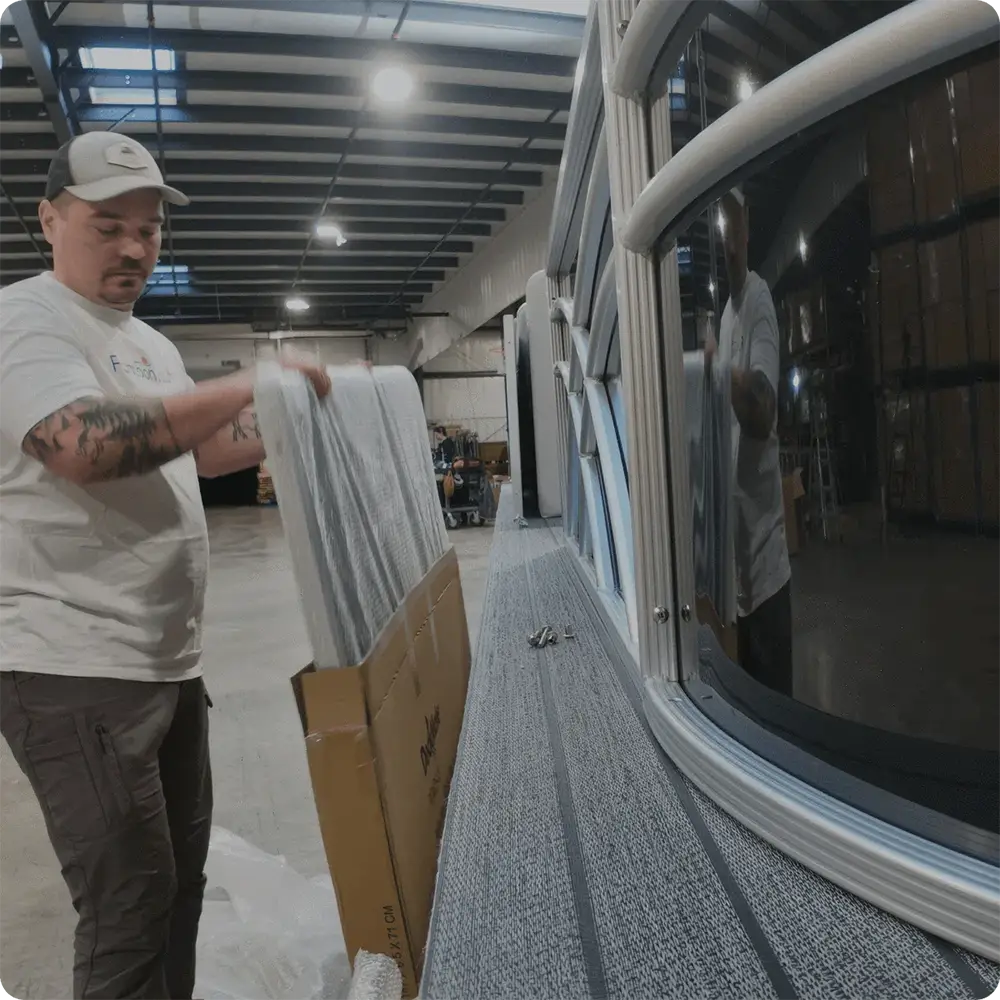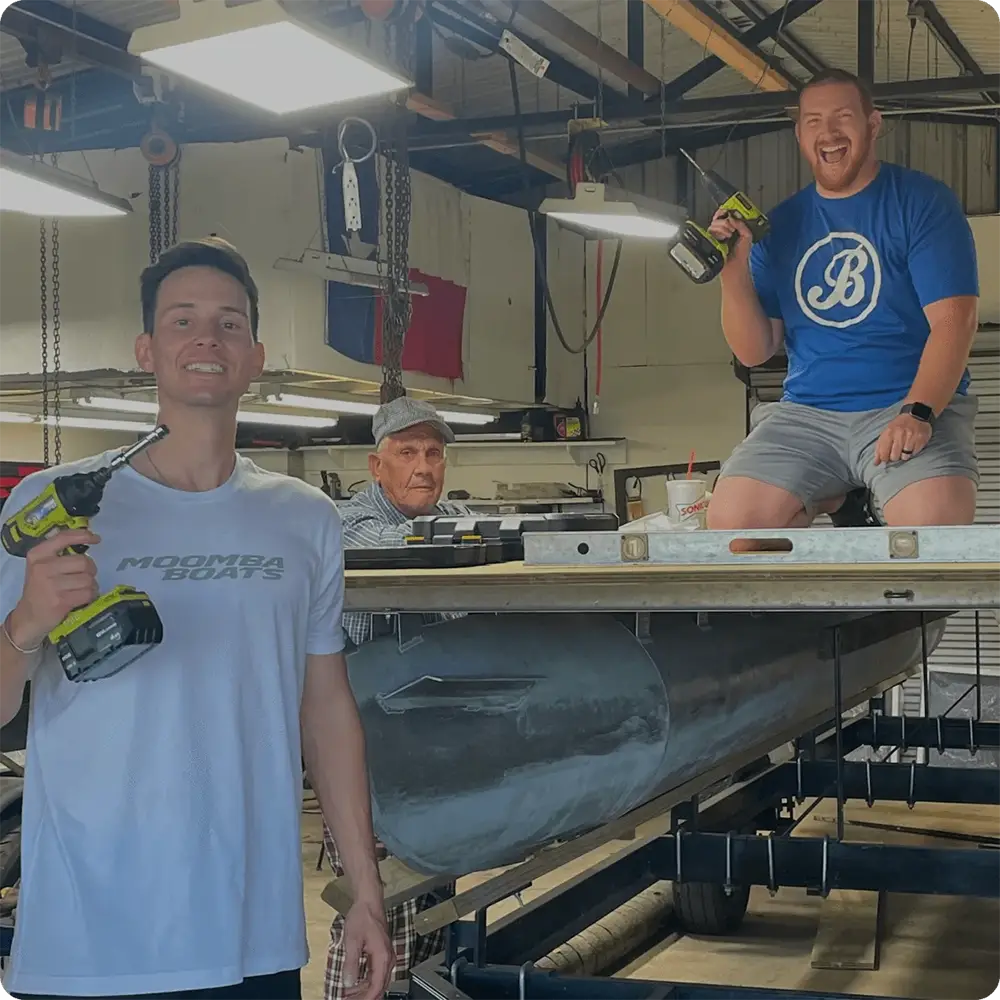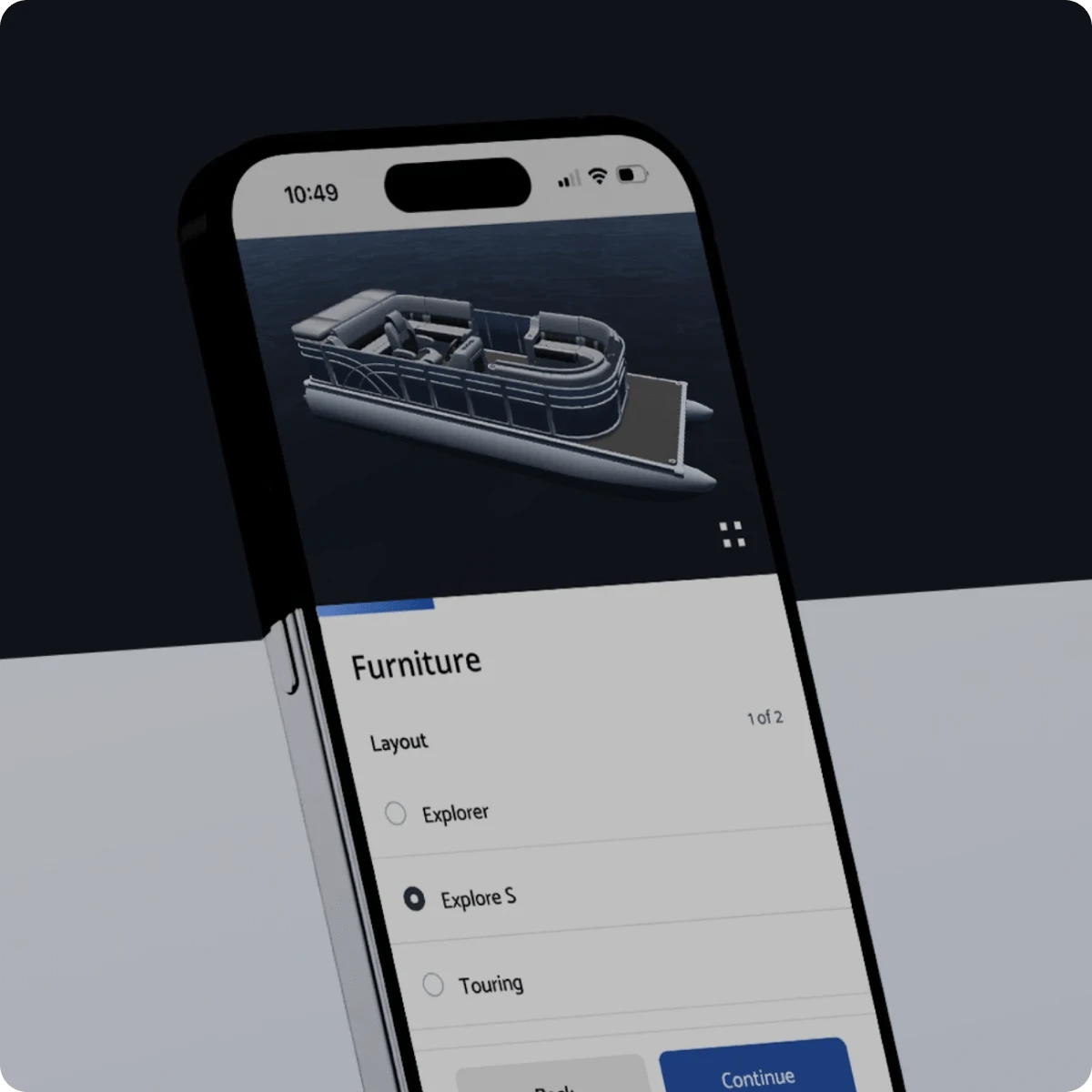How To Protect Your Pontoon Boat From Saltwater Damage
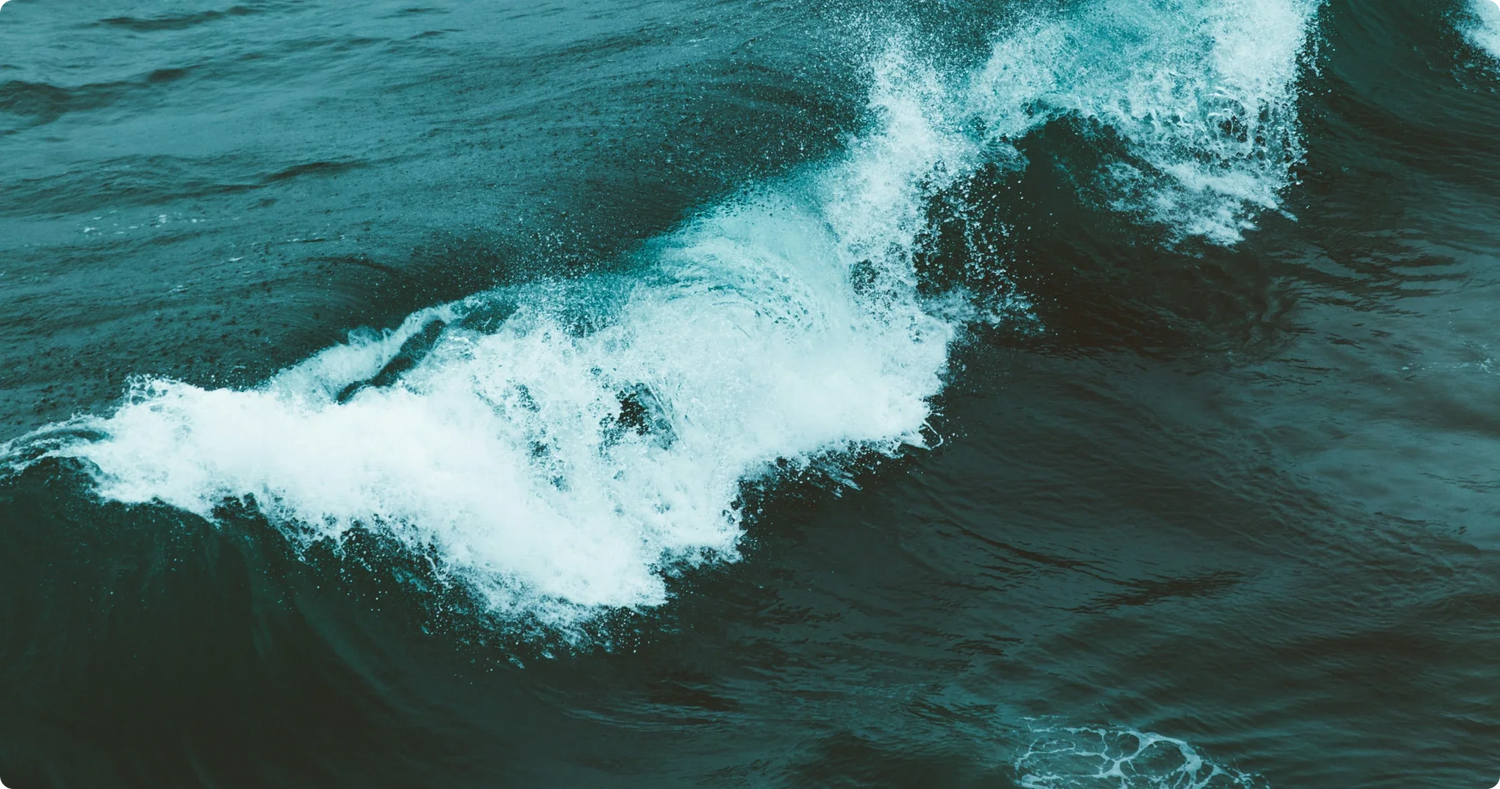
Why is Saltwater so Hard on Your Boat?
Avid boaters know the risks of mildew and sun damage on their marine vinyl, but saltwater can be a sneaky culprit! Especially for year-round boaters cruising down south and on the coast.
When saltwater soaks into your seats, it doesn’t evaporate the same way freshwater does. As it dries, it leaves behind salt crystals that can weaken vinyl and fabric, scuff and dull surfaces, and create a breeding ground for moisture damage.
If you’re a year-round boater in warm climates, or you make trips to the ocean throughout the summer, protecting your pontoon and boat seats isn’t optional—it’s essential.
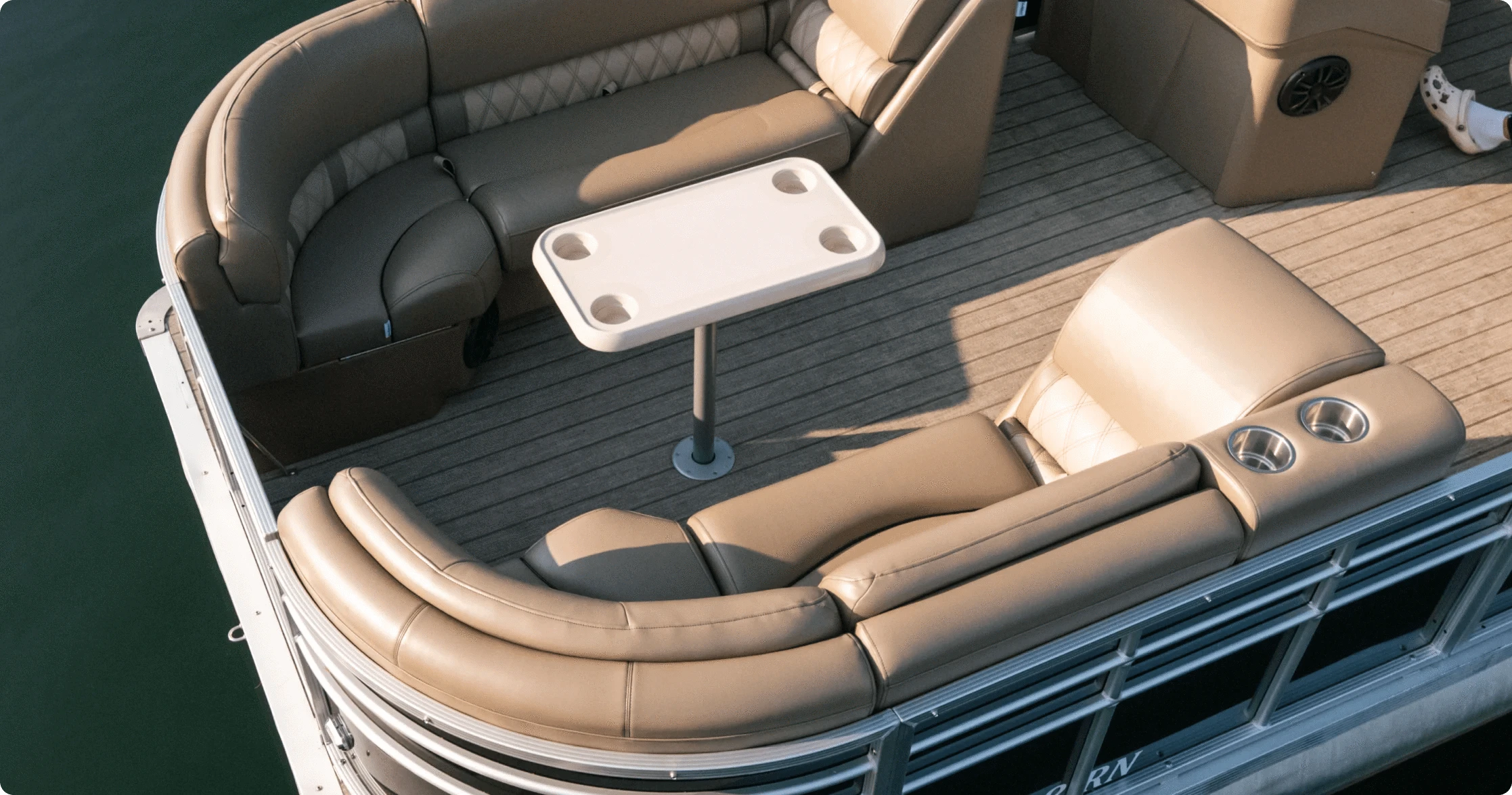
Choosing the Right Materials for Saltwater Protection
Rebuilding your own boat is the perfect opportunity to deliberately select materials intended for the salty life!
Benefits of Marine-Grade Vinyl
Our marine vinyl flooring kits and furniture are UV and mildew-resistant to prevent cracking and fading. We meet the industry standard for marine-grade materials across all of our seat collections, such as the Classic, Premium, and Luxury trims, so you know you’re building with the best!
Corrosion-Resistant Frames, Fencing, and Hardware
It’s not just about the outside of your boat–for true salt protection, you need to consider the materials doing work behind the scenes! For example, PontoonStuff seat frames are made with high-quality plastic, which means zero risk for dry-rotted wood or untreated metals that rust quickly.
These seat frames also include molded drain channels that allow water to escape your deck instead of being trapped and left to soak into your carpet or vinyl flooring, leaving behind corrosive salt crystals that accelerate damage.
Even the perimeter of your pontoon can fight back against saltwater. PontoonStuff fencing kits come with railing made of die-cast aluminum that is reliable and corrosion-resistant.
These choices make a huge difference, especially if you’re a year-round fan of warm climates and ocean cruises.
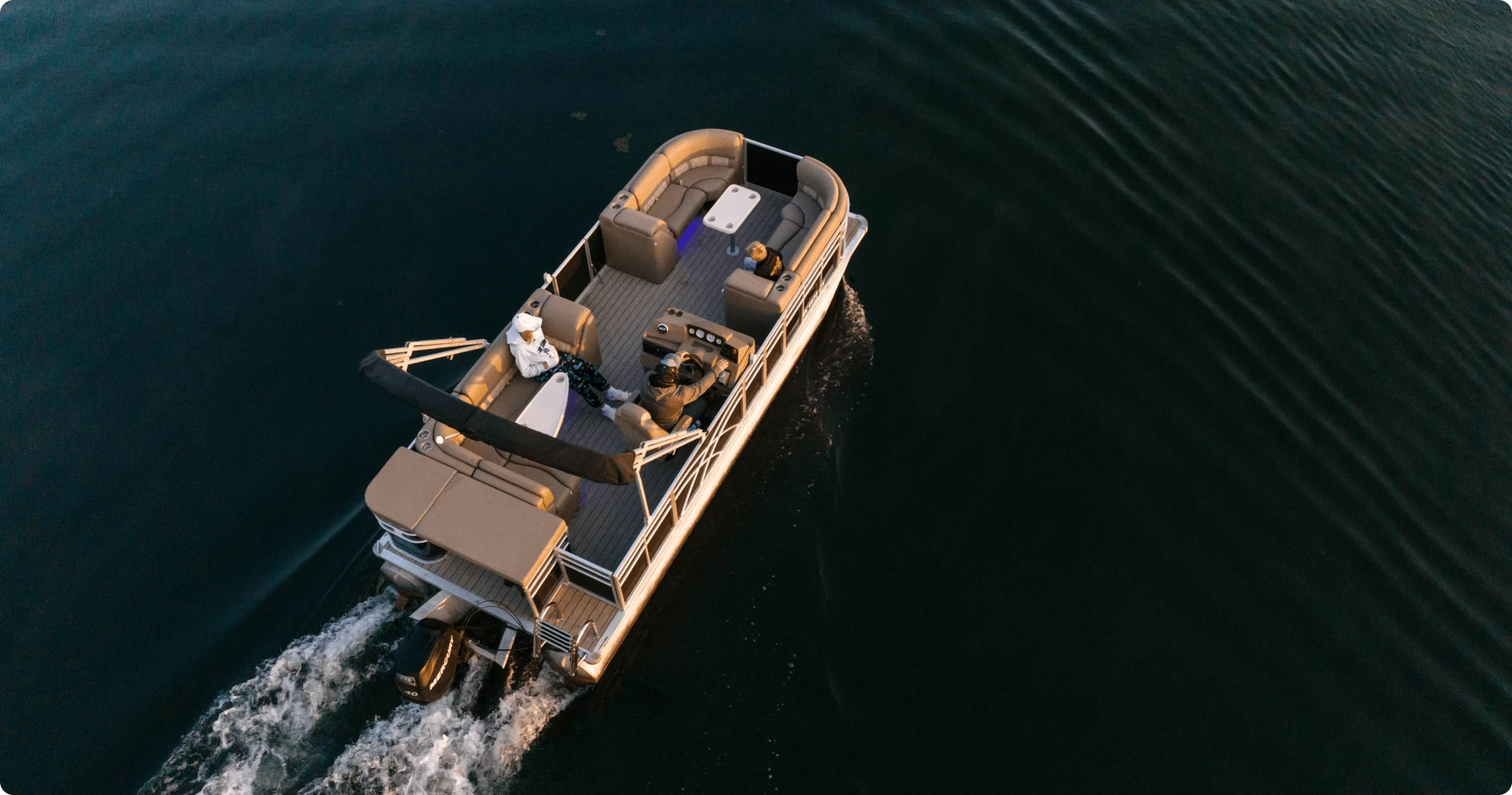
Protect Your Boat Seats From Salt Damage
You’d take a shower after a beach day, wouldn’t you? Give your boat the same courtesy by washing off all the salt after a day on the water and dry completely to prevent deposits of lingering salt particles. Conditioning your seats with marine vinyl protectant can also help keep the surface flexible and crack-resistant.
Boat seats are especially susceptible to wear and tear, and protecting your furniture from saltwater damage comes down to routine care. For more information on proper care and keeping of boat seats specifically, check out our blog on cleaning and preventing sun damage!
Basic Rules of Saltwater Boat Care & Cleaning
If you find yourself feeling overwhelmed by saltwater boating maintenance, just remember these four simple items for the next time you’re planning on enjoying a cruise:
1. After every trip, give your boat surfaces a good rinse with clean, fresh water. Don’t wait until the end of the week—salt builds up fast.
2. Invest in quality materials. Marine-grade vinyl and corrosion-resistant hardware are worth every penny.
3. Avoid harsh cleaners, like bleach and alcohol. If it’s not made for marine vinyl, skip it.
4. Prioritize repairs for cracks or rust. Once they set in, they only get worse!
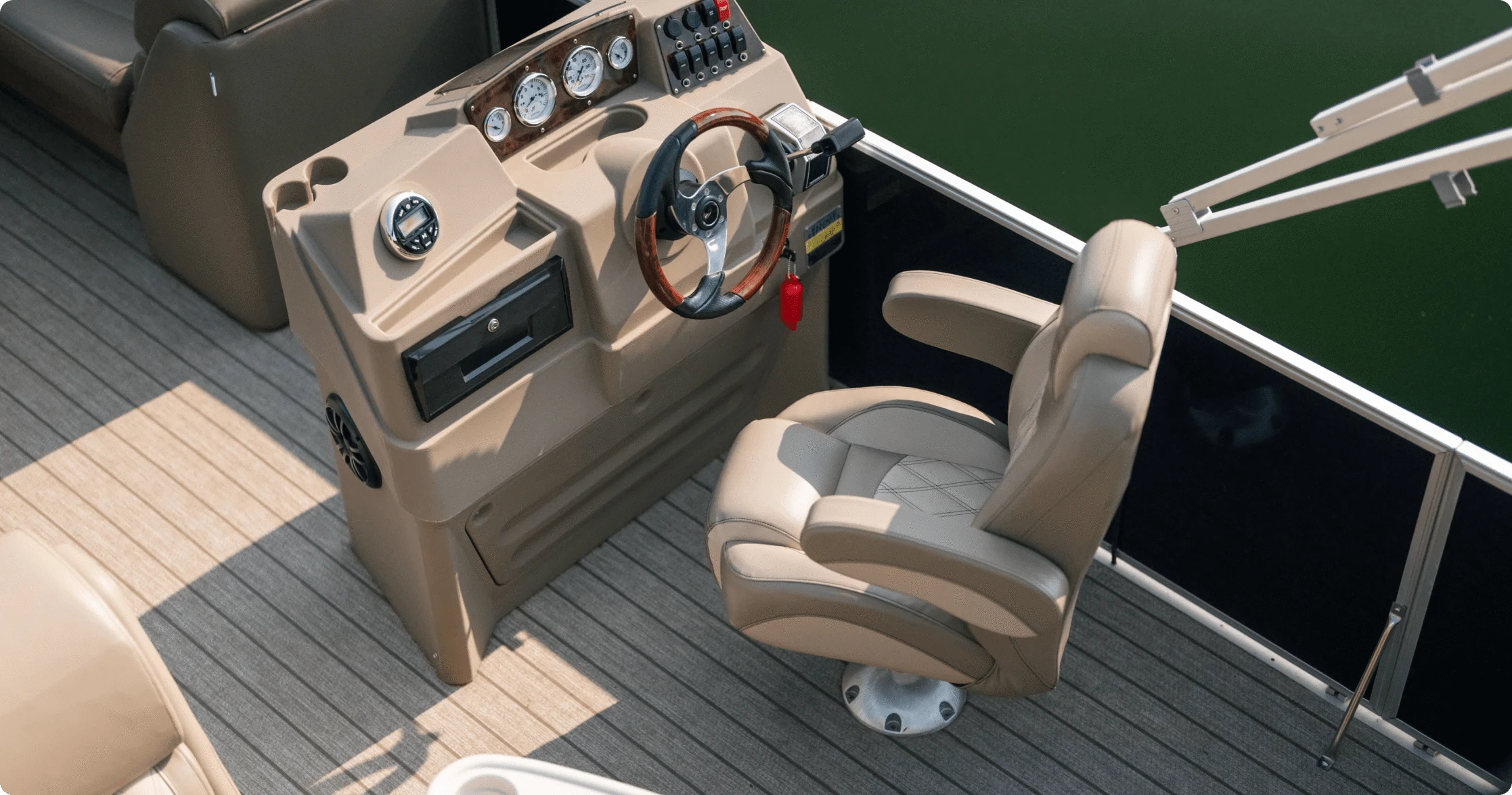
Keep Your Boat Saltwater-Ready with PontoonStuff
Whether you’re doing a total overhaul on your boat or upgrading bits and pieces of your current setup, the right materials and care routine make all the difference in saltwater environments.
Explore our full line of marine-grade DeckMate boat seats, vinyl and carpet flooring kits, and corrosion-resistant fencing for products built to last, plus the cleaning products you’ll need to keep them looking new!
Looking to learn more? Check out our Restoration Resources for more tips on extending the life of your rebuild (no matter where you boat!).


